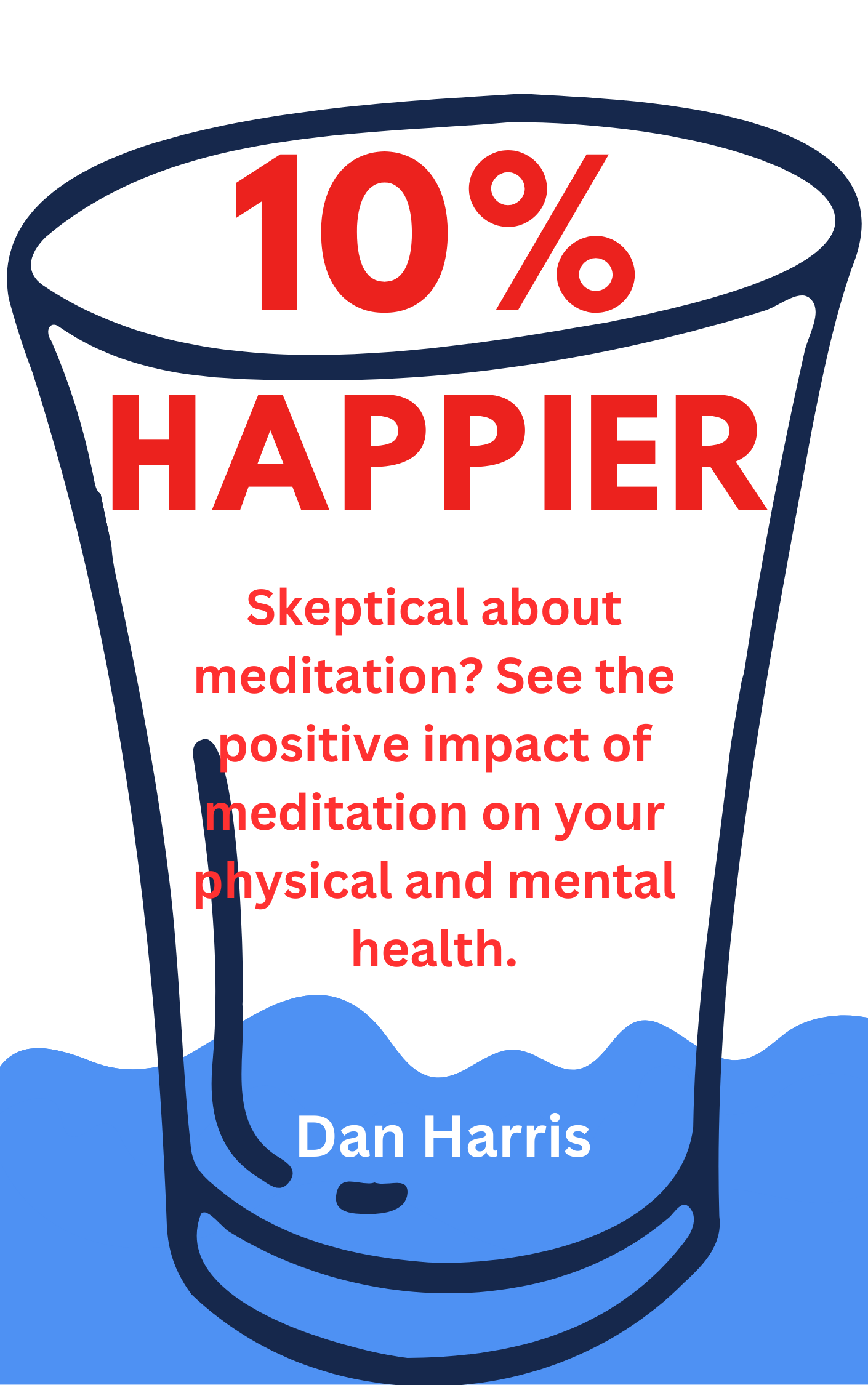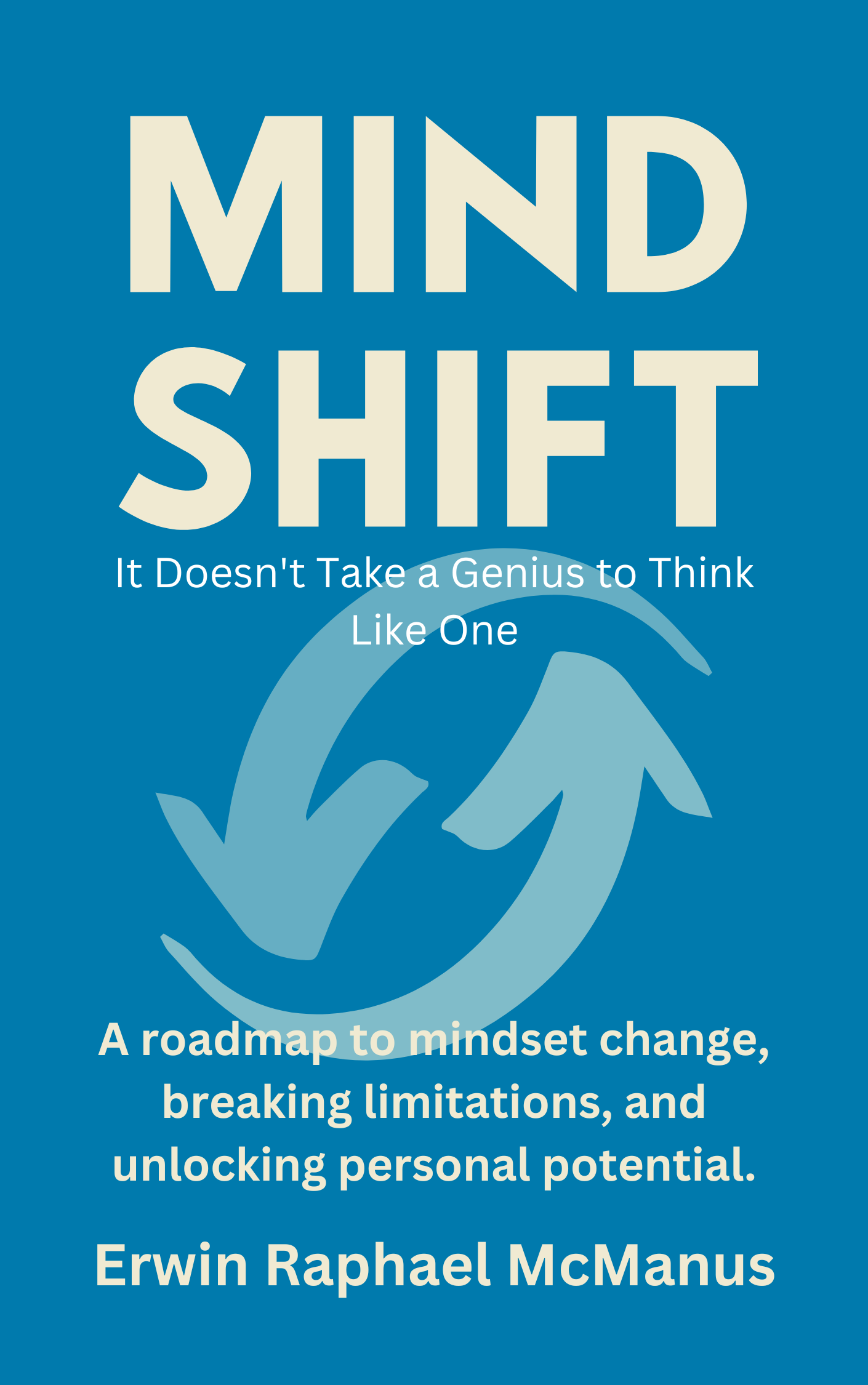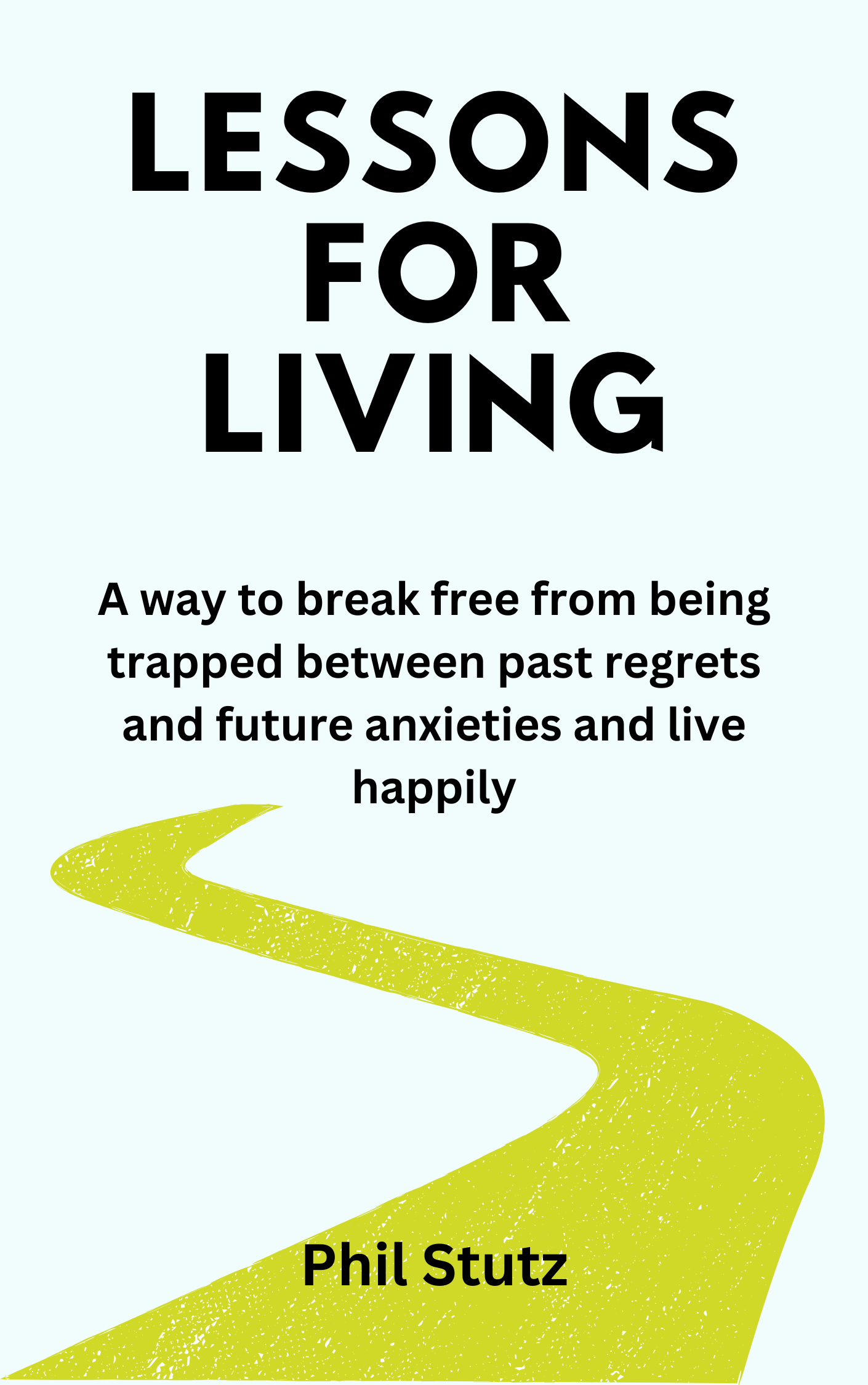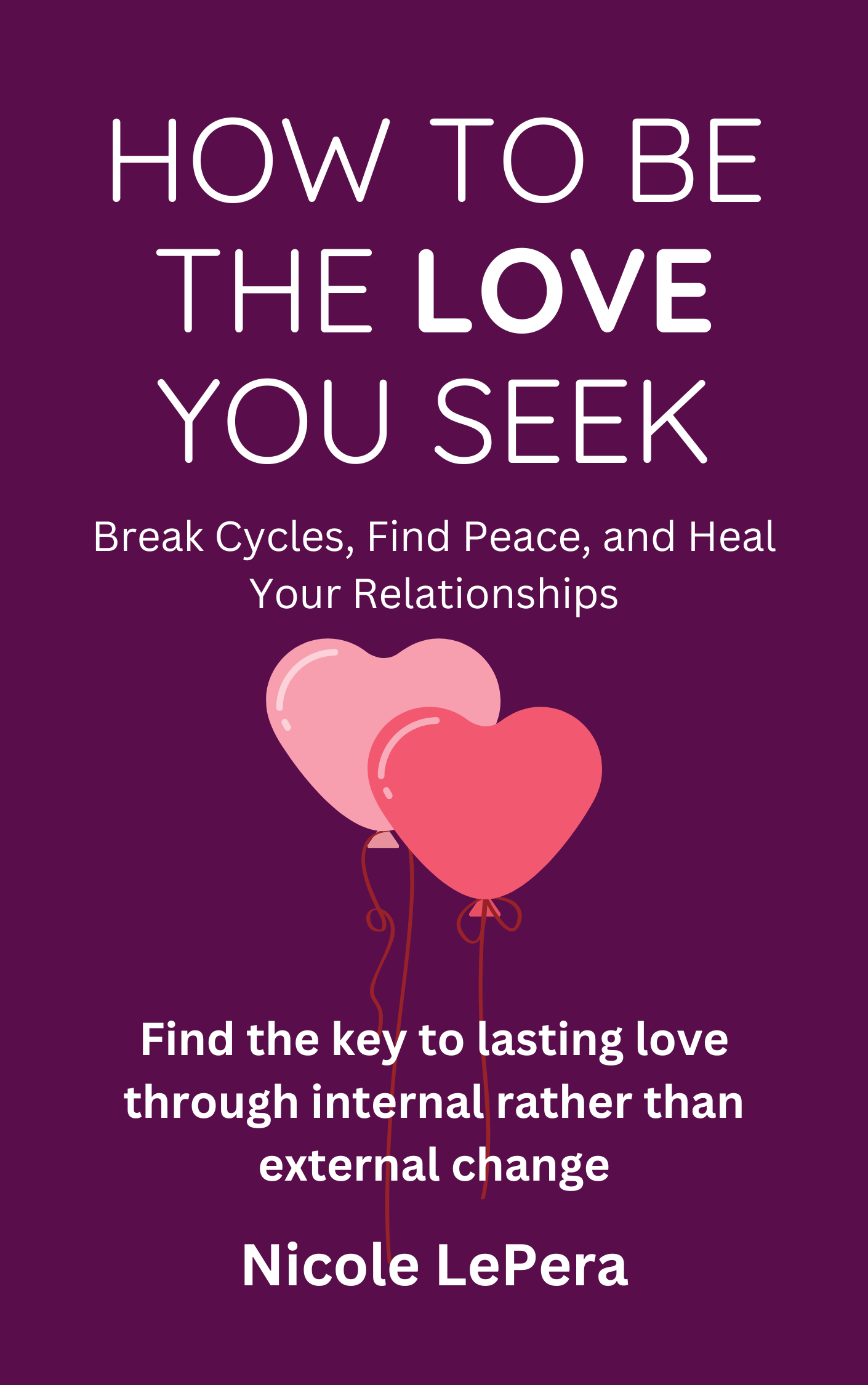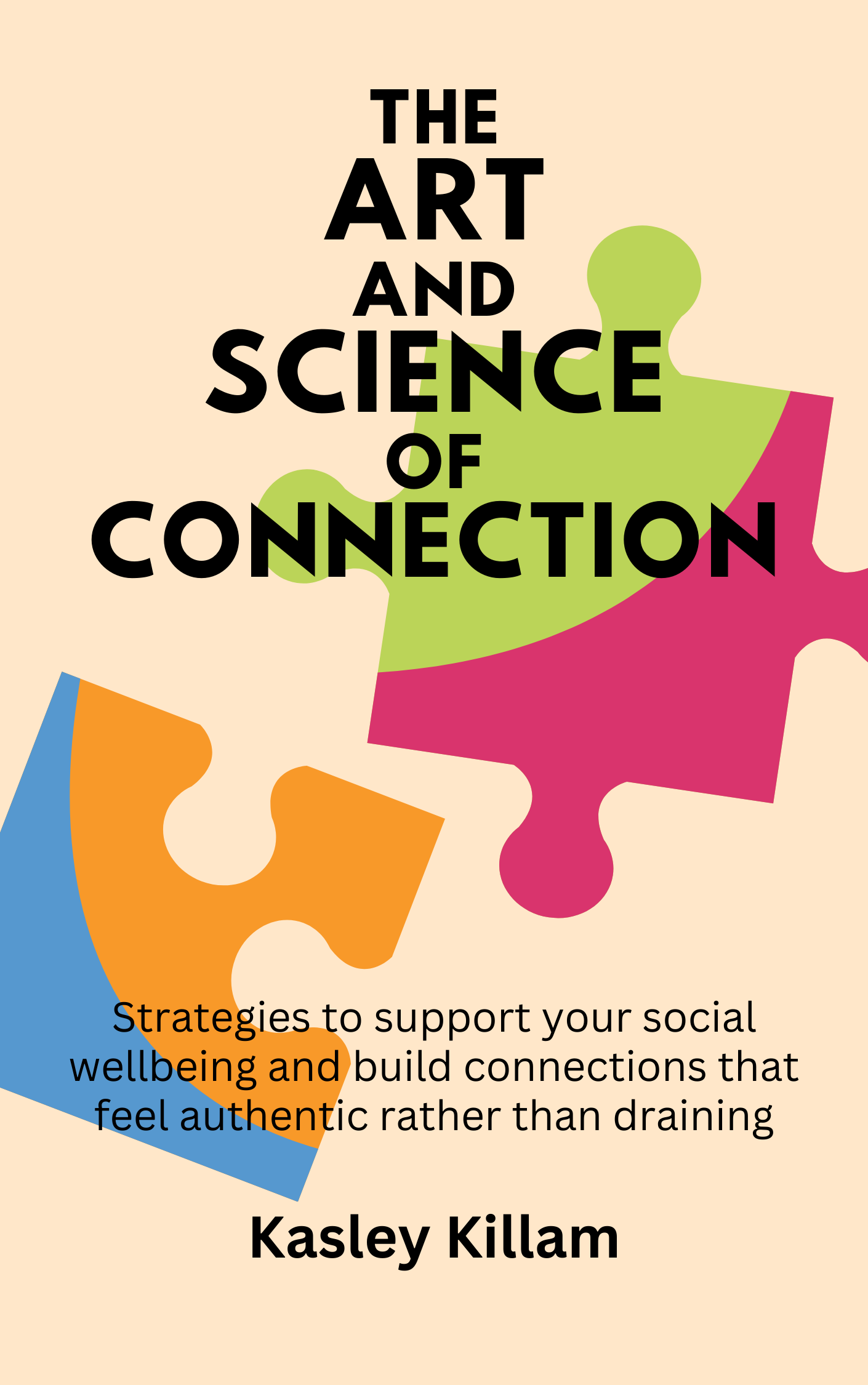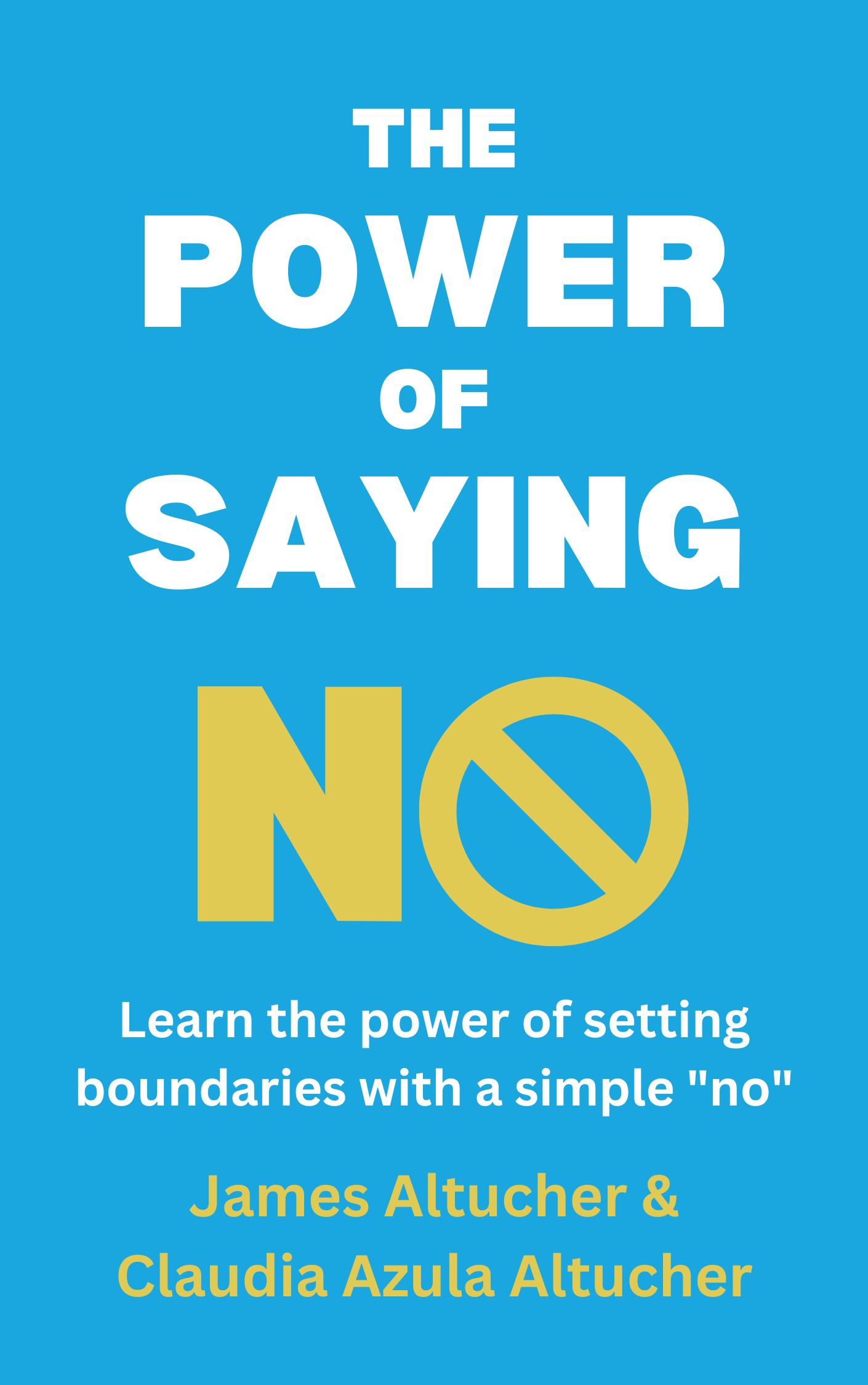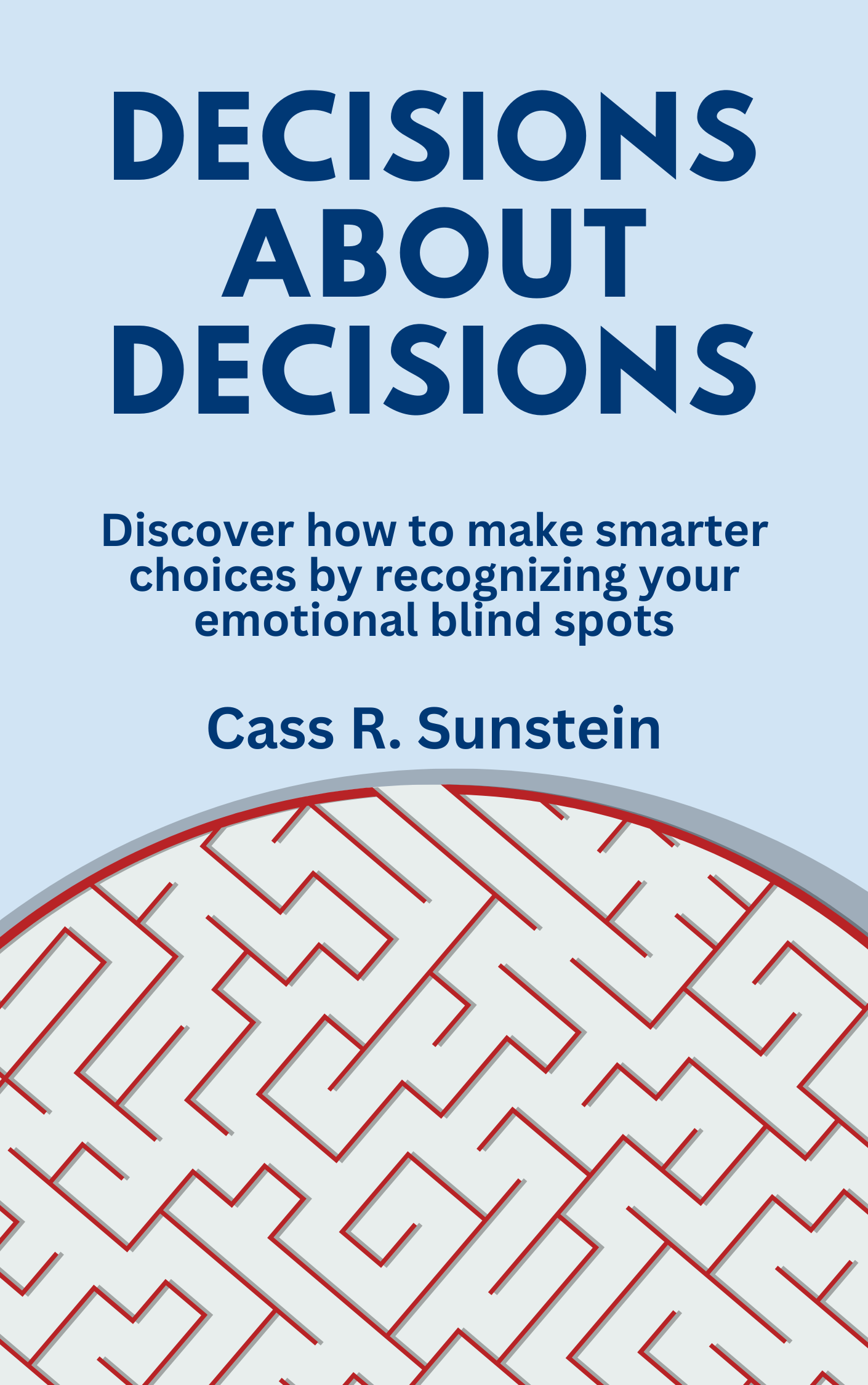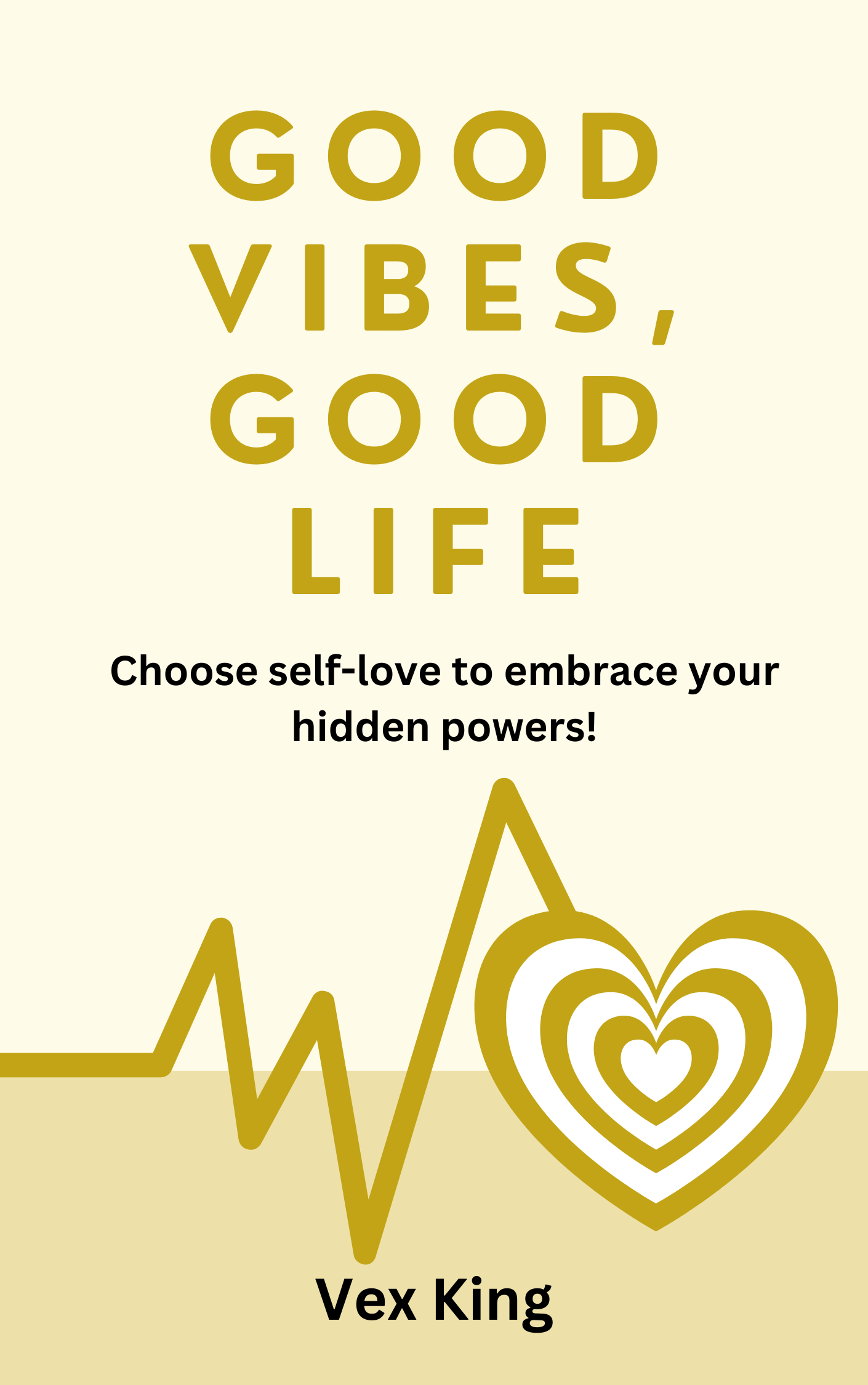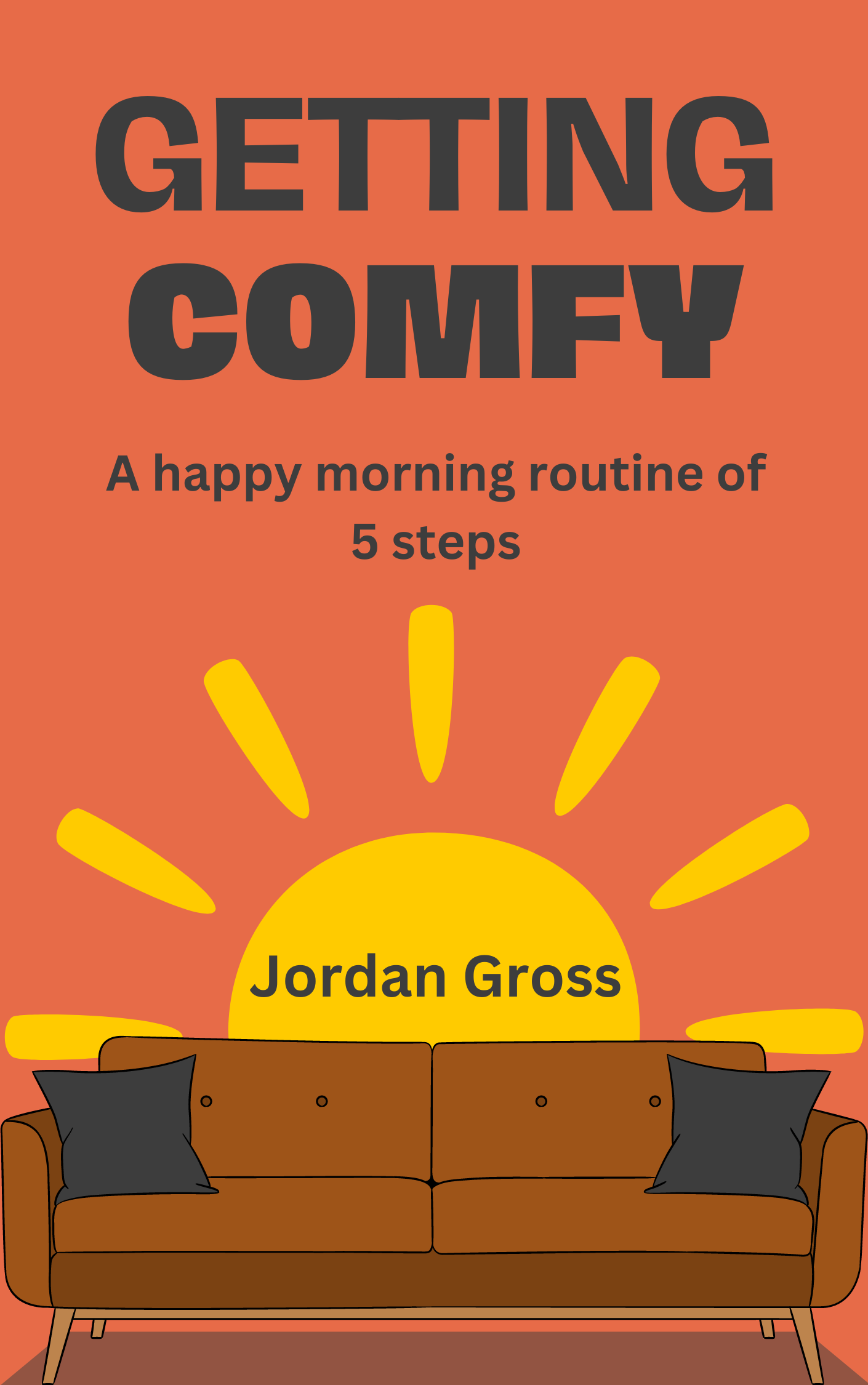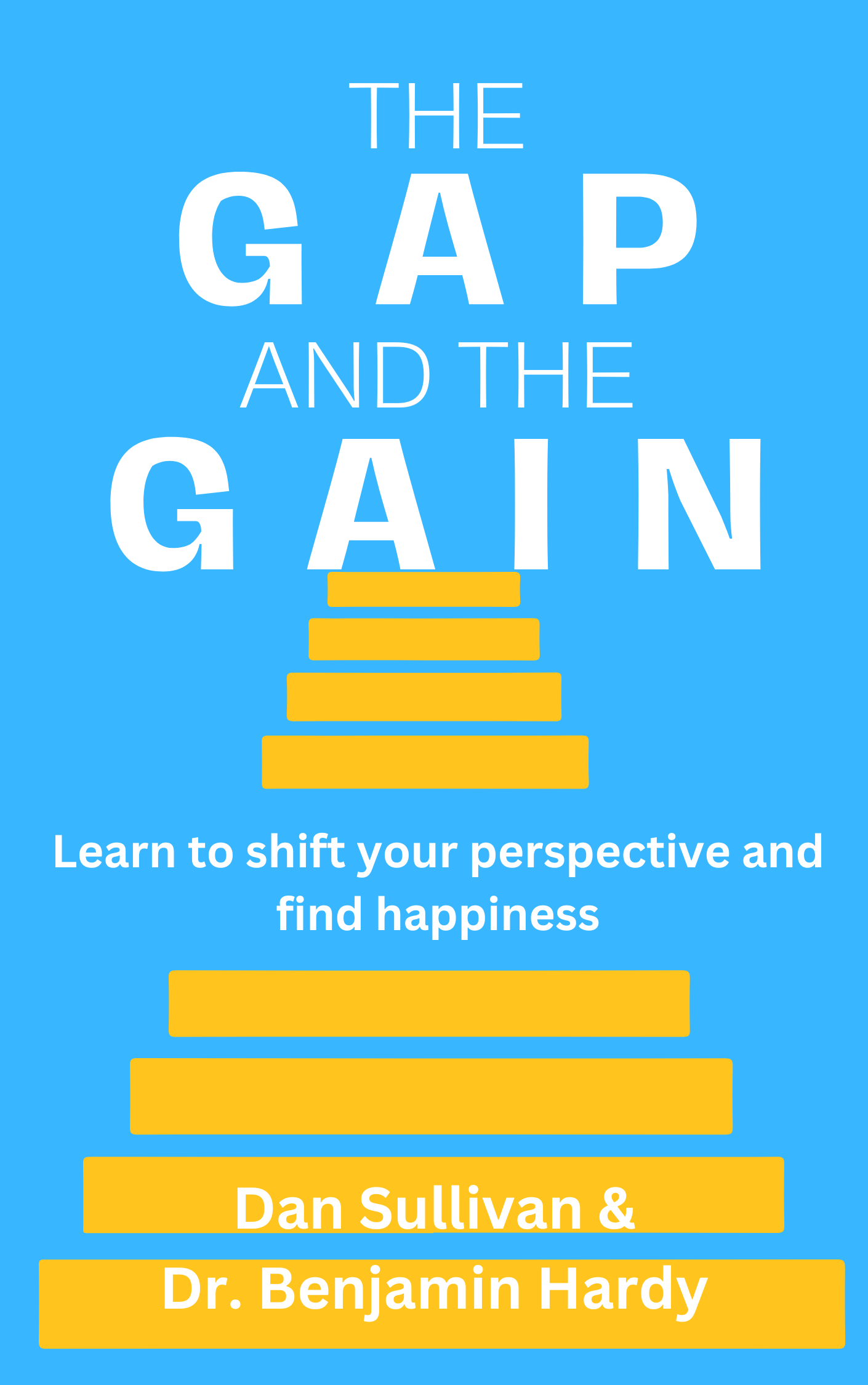Introduction
Is meditation actually beneficial? Can practicing mindful meditation really make you happier? Like, we've all had moments where our emotions took the wheel and drove us to make choices we later kicked ourselves for. Whether it was losing it in anger or just having a bad day. In those moments, our feelings took over and we acted in ways we wished we could take back. Would meditation allow you to master your emotions in situations like these? Discover the answers to these questions and more through the candid story of Dan Harris, a popular ABC news journalist, who transformed his life after he had a panic attack on the set of Good Morning America!
10% Happier by Dan Harris is a New York Times bestseller that chronicles Harris’ stint with meditation and shows that while meditation may still carry some skeptical connotations, its positive impacts, backed by research, can be super helpful in modern times.
The book falls in the category of a memoir/ self-help book.
Discover:
How to practice mindfulness
How meditation will make you more productive
How meditation is beneficial for both physical and mental health
Practice Meditation For A Chance At Happiness And Fulfillment!
Cultivating Calmness And Compassion Through Meditation
Let's get into the behind-the-scenes for meditation and mindfulness. Buddhists say we usually respond to stuff in 3 basic ways - either wanting it, rejecting it, or spacing out. But meditation gives you a fourth way - just observing in a calm, non-judgy way. When you sit to meditate, you train your mind to stay chill and present, observing your thoughts without getting caught up. Imagine this: you're meditating and an itch or soreness comes up. You observe how it arises, peaks, and passes away. Instead of immediately scratching or shifting positions, you practice just noticing the sensation without aversion or desire. That's mindfulness! Over time you can work on bringing that mindful awareness to your emotions too, just observing how they rise and fall without grasping or hating them. You learn to tune into your feelings with more kindness and curiosity. Meditation helps you listen to yourself with care and you become someone you actually like being with! And get this - these good vibes start spilling over into how you treat other people too.
Turns out, when you feel peaceful and cared for on the inside, you spread more of that energy outward. It actually happened with Dan. After starting a compassion-focused meditation routine, he noticed positive changes in himself. He became kinder not only to others but also to himself. He stopped participating in gossip sessions at the office and got better at accepting people's quirks instead of getting irritated. And just like that, by meditating on compassion each morning, you too can find yourself acting with more patience, generosity, and kindness throughout the day. A simple way to keep your peace!
But, why exactly is our mental peace so fleeting? Let us try to understand the top causes of our distress.
The Ego Always Wants More Until You Stop It!
Embrace Impermanence To End Suffering And Dissatisfaction!
Let us talk about Dan Harris’ panic attack moment and how it changed his life forever. The backstory first: the ABC news journo had fallen into depression after covering war stories and like many others before him, succumbed to drug abuse to deal with the pain. Therapists believe that drug abuse increases the chances of a panic attack and that’s what happened with the author, as well.
The episode encouraged Harris to seek help: therapy and spiritual wisdom, he tried it all! And know what he learned? A lot of dissatisfaction comes from attachment!
Many thinkers say that our tendency to cling to things is what causes misery in our lives. And there's a reason behind that, too. Here's how psychologist Steven Reiss explained it: humans thrive in order, predictability, and permanence. But nature doesn't do permanent things, does it? Seasons switch up, kids grow older, and relationships end. Impermanence everywhere we look! That's just how life is. But as humans ever-yearning for continuity, we make the mistake of fetishizing temporary phenomena. We form attachments and end up being disturbed when they end. So, how do we spare ourselves of such distress?
Detachment is the key here. Take a mindful step back and watch external situations like a witness and not as an emotionally involved participant. Accepting the impermanence of circumstances, things, and even people can bring a sense of joyful detachment. So, soak in each temporary delight, and enjoy letting go!
So far we've looked at how the ego and clinging to permanence steal our peace of mind. Now, let's catch the final piece of the puzzle: why we're drowned in relentlessly noisy thoughts, fluttering all over like monkeys in a forest. Head over to the next section for more.
Practice Mindfulness To Deal With The Monkey Mind!
The Impact Of Meditation On Physical And Mental Health!
Look, we get it - when stuff happens that stresses us out, our minds go nuts. We get amped up, worried, frantic even. But, it's just the good ol' fight-or-flight kicking in. We are essentially wired to respond to stressful situations like that. See, the early man lived in a jungle full of predators where flight/flight was a survival tactic. By releasing hormones like adrenaline and cortisol, our minds prompt us to react. But, we ain't living in a dangerous jungle anymore. And yet, our systems still respond to even the most minor inconveniences like we're being chased by tigers. Being late for a presentation does not need fight-or-flight! If anything, it needs us to be calmer. And that's exactly what meditation does.
The ancient art of meditation calms the mind’s endless chatter and brings a sense of harmony. Training your brain through mindfulness helps decrease the intensity of the fight or flight response. We regain control over the brain, and over how we perceive and experience our reality. With increased resilience and impulse control, our mental health starts improving. Here's a scenario to explain this: Imagine you are preparing to take a difficult exam. Normally, you might feel very nervous and flooded with self-doubt, thinking: "I'm going to fail this test! I'm just not smart enough!" However, after practicing mindfulness, you are able to observe those thoughts from a calmer perspective. When nerves arise, you take some deep breaths to steady yourself. You remind yourself that you studied hard and you know the material, even if some parts are tricky.
Plus, meditation also increases creativity. A clear, tension-free mind is like a hub of productivity. Harris himself felt the improvement when he filled pages upon pages with ideas, all thanks to his meditation retreat.
And it keeps getting better. Meditation has proven benefits for our physical health, as well. Here's how: Research says that the continuous release of cortisol leads to toxicity and can cause health issues like high blood pressure, high blood sugar, and even heart disease. Daily meditation decreases blood pressure, reduces the risks of heart ailments, helps battle drug addiction and depression, controls ADHD symptoms, and even lessens the effects of irritable bowel Syndrome.
Next up in the summary, we have some tips for you to master meditation the right way.
How To Meditate?
Sit comfortably in loose clothes and just focus on breathing. You will notice that your monkey mind wanders immediately. And that is alright! Let it be. Calmly bring your attention back to your breathing without beating yourself up about it. Just witness the content of the mind with a detached, non-judgmental eye. You can always bring back the attention to your breath once you are aware of your mind's wandering. Anchor your attention on your breath, body sensations, or the sounds in the environment. Attune yourself to be present. This builds your meditation muscle. With regular practice, a sense of calm and clarity will emerge.
Remember, meditation is not just about being kind to others, it gives you the power to be kind to yourself when you choose to observe your own darkest thoughts without self-judgment.
Chapter 10
Details coming soon.
Summary
Modern life is becoming more and more complex, and most of us are in a constant state of rush and panic. But once we understand the impact of stress on physical and mental well-being, we can utilize the ultimate tool of meditation to lead a compassionate, fulfilling, and happy lifestyle.

